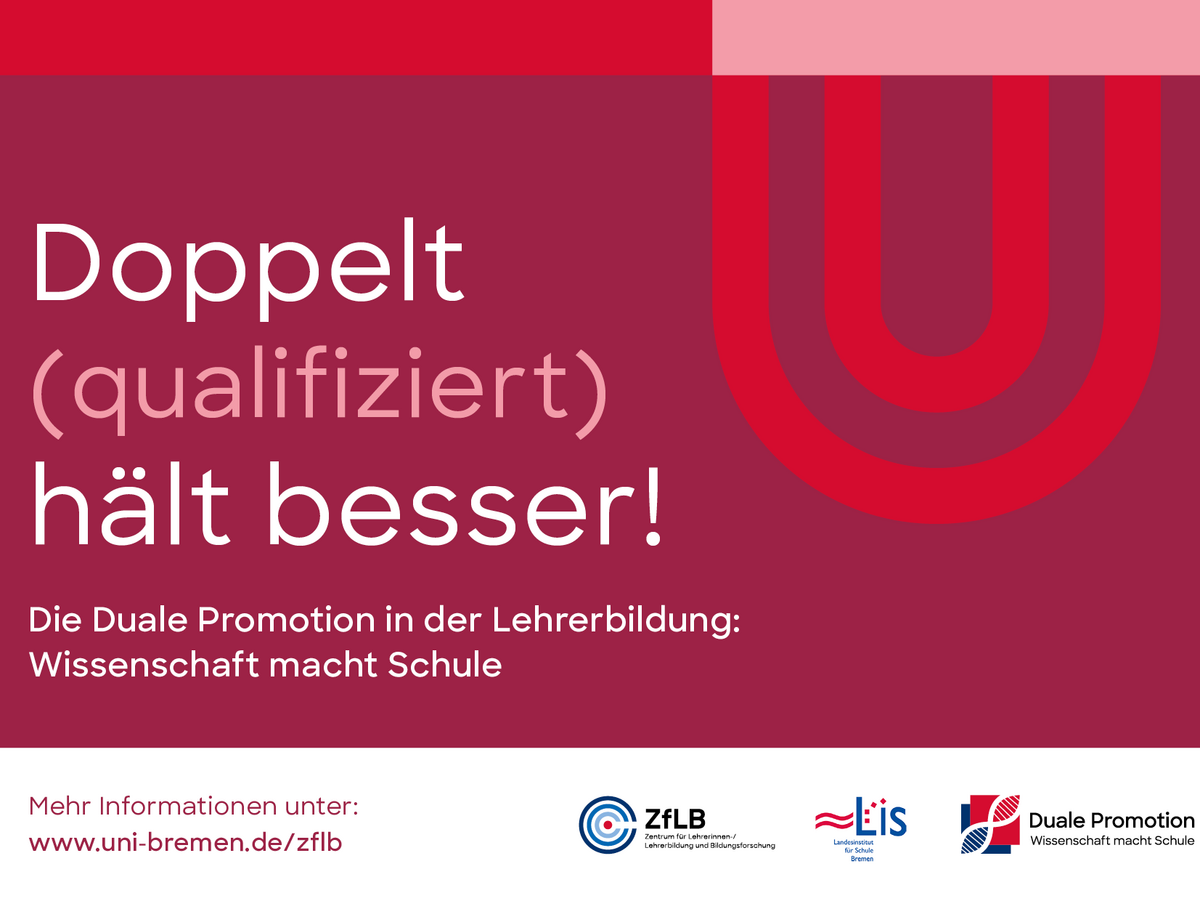Doctoral Programs
The graduate schools, research training groups, and doctoral programs at the University of Bremen support doctoral students from Germany and abroad in an interdisciplinary research environment. In them, the young researchers are given the opportunity for independent research and intensive professional exchange, participate in specially designed courses, and benefit from innovative forms of supervision.
The University of Bremen also cooperates with non-university research institutions in the area of junior researcher support, especially within the context of the International Max Planck Research School for Marine Microbiology MarMic and the Helmholtz Graduate School for Polar and Marine Research POLMAR.
BYRD Bremen Early Career Researcher Development
... is the central point of contact for doctoral students and post-doctoral researchers from all disciplines of the university for interdisciplinary qualification, networking, information, and personal counseling.
moreGraduate Schools

Bremen International Graduate School for Marine Sciences GLOMAR
The Bremen International Graduate School for Marine Sciences has been supported by the Excellence Initiative since 2006. The structured programme serves as a central platform for interdisciplinary training for doctoral students in all marine sciences at the University of Bremen and its partner institutions.
more
Bremen International Graduate School of Social Sciences BIGSSS
The interdisciplinary Bremen International Graduate School of Social Sciences is based on the core disciplines of political science, sociology, and psychology. BIGSSS was founded in 2008 together with Jacobs University and offers excellent doctoral education in the social sciences.
moreDFG Research Training Groups

Contradiction Studies – Constellations, Heuristics and Concepts of the Contradictory
The doctoral and postdoctoral researchers of this Research Training Group explore how individuals, groups, institutions, and states deal with abstract demands for freedom from contradiction and thereby develop forms, procedures, and concepts for tolerating contradiction. Constellations of contradiction, the avoidance of contradiction, contradictoriness, and practices of contradiction are explored systematically and in a team-oriented way. The Research Training Group straddles perspectives from the humanities, social sciences, and law, with a particular interest in postcolonially oriented discussions surrounding the cosmopolitization of knowledge production. The Research Training Group’s program was developed by twelve researchers at the University of Bremen from within the collaborative research platform »Worlds of Contradiction«.
more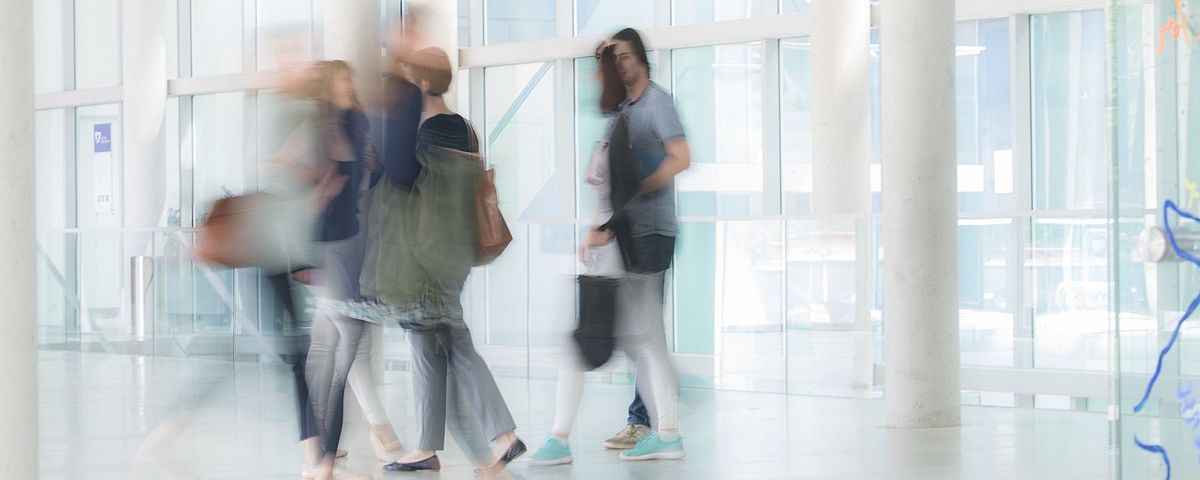
Social Dynamics of the Self
In this collaborative Research Training Group jointly run by Jacobs University Bremen and the University of Bremen, doctoral researchers study the interactions between individuals and their social environment. Whether culture, gender, social class, or family - all human beings are exposed to systematic influences that shape them and their actions. These in turn have an impact on the social relationships and conditions in which everyone moves, and lead in the long-term to social changes. These dynamic interactions and their consequences are analyzed in the dissertation projects of this group.
more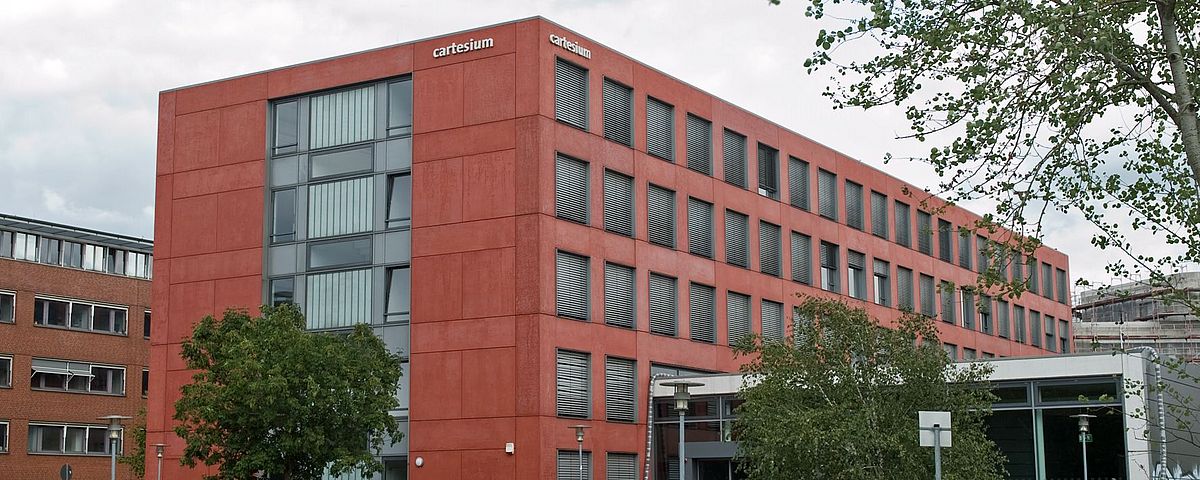
KD²School – Designing Adaptive Systems for Economic Decisions
Researchers from the fields of information systems, economics, psychology, and computer science from the Karlsruhe Institute of Technology, the University of Giessen, and the University of Bremen are working together in a new graduate school. They want to understand context-dependent, economic decision-making processes and create relevant IT-based systems for the support of economic decisions. The adaptive systems are to change according to the situation surrounding the decision and “improve themselves.” Professor Christof Weinhardt from the Karlsruhe Institute of Technology is spokesperson.
“One example for the interdisciplinary approach is a PhD project, in which biosignals from brain activity and gaze tracking is analyzed and is then interpreted using machine learning processes (Bremen, computer science). When shopping, this is then linked to economic adaption mechanisms (Giessen, information systems) and behavioral consumer framework models (Karlsruhe, economics) in order to promote a healthier consumer behavior by means of targeted nudges,” says Professor Tanja Schultz, co-spokesperson of the new graduate school and head of the Cognitive Systems Lab at the University of Bremen. The computer scientist and her colleague psychologist Professor Manfred Herrmann (neuropsychology and biological psychology) are involved in the KD2School.

∏³ : Parameter Identification - Analysis, Algorithms, Implementations
Mathematics is a universal language which, like no other science, is suitable for making even the most complex problems of the most diverse origins manageable by reducing them to their essentials. For numerous problems of parameter identification, this leads to deterministic, high-dimensional, and non-linear models. In the Research Training Group, we focus on problems that are essentially modeled by minimizing appropriate objective functionals. We pursue different mathematical approaches to this problem, which, however, show numerous analytical cross-connections and lead to comparable algorithmic challenges.
more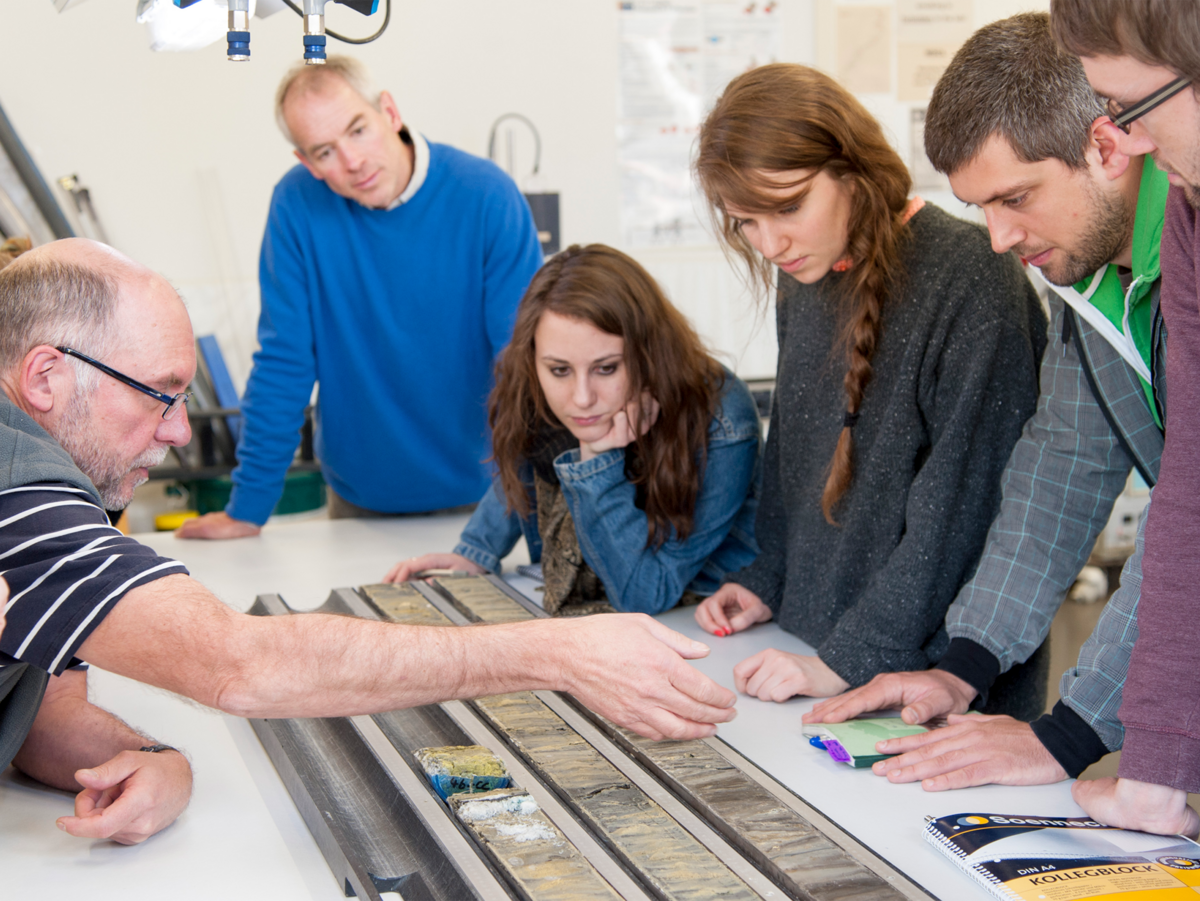
ArcTrain - Processes and impacts of climate change in the North Atlantic Ocean and the Canadian Arctic
The International Research Training Group ArcTrain "Processes and impacts of climate change in the North Atlantic Ocean and the Canadian Arctic" provides a structured interdisciplinary environment for the education of PhD students where they can tackle the challenge of accelerated environmental change in the Arctic. The group combines the strengths in marine geosciences and environmental physics in Bremen with complementary skills of a consortium of eight Canadian partner universities.
moreMicro-, meso- and macroporous nonmetallic Materials: Fundamentals and Applications MIMENIMA
The pioneering research idea of MIMENIMA is the conditioning of novel, porous ceramic structures and their surface for use in important areas of energy, environmental, process, and space technology. An interdisciplinary team of materials scientists, physicists, chemists, biotechnologists, and mechanical and process engineers is working together on this challenging research area.
moreMarie Sklodowska-Curie Actions (MSCA) - Doctoral Networks
Projektstart 01.01.2025
Doctoral Networks
Prof. Armin Dekorsy (Partner)
Marie Sklodowska-Curie Actions (MSCA) - Innovative Training Networks
01.03.2021
Innovative Training Network
Prof. Andreas Kreiter (Partner)
https://in2primatebrains.eu
01.12.2020
Innovative Training Network
Prof. Michael Beetz (Partner)
https://remaro.eu/
Graduate schools with Non-University Research Institutes
International Max Planck Research School for Marine Microbiology MarMic
The International Research School for Marine Microbiology is run jointly by the University of Bremen, the Max Planck Institute for Marine Microbiology, the Alfred Wegener Institute for Polar and Marine Research, and Jacobs University Bremen. MarMic, which is funded by the Max Planck Society, offers a joint master's and doctoral program in marine microbiology.
moreHelmholtz School for Marine Data Science (MarDATA)
The doctoral students of the Helmholtz School for Marine Data Science (MarDATA) are trained in Kiel and Bremen/Bremerhaven. They are jointly supervised by two professors, one at GEOMAR or AWI for the marine research focus and one at the partner university in Kiel or Bremen for the information and data science methods. The doctoral degree is awarded in the fields of computer science/engineering (Dr. Ing.) or natural sciences (Dr. rer. nat.).
moreHelmholtz Graduate School for Polar and Marine Research POLMAR
Doctoral reseachers of the Helmholtz Graduate School for Polar and Marine Research (POLMAR) examine the polar marine ecosystems and climate change. The Graduate School is funded by the Helmholtz Association of German Research Centers. This graduate school is embedded in the Alfred Wegener Institute for Polar and Marine Research (AWI). It involves cooperation between the AWI, the University of Bremen, Max Planck Institute for Marine Microbiology, Jacobs University Bremen, and the University of Oldenburg.
moreRecognised structured doctoral programmes

ZeMKI Doctoral Programme
The doctoral programme of the Center for Media, Communication and Information Research (ZeMKI) deals with the development of media and communication. In deeply mediatized societies, social fields including politics, education, religion, popular culture and art are transforming. Not only changing digital infrastructures, but also innovative practices of media use and datafication play a role. Since phenomena in these thematic fields are multi-layered, the doctoral program as a whole is based on a broad interdisciplinary approach in order to strengthen the respective disciplinary doctorates. The range of disciplines involved in the doctoral programme are broad: in addition to communication and media studies, it includes history, film studies, religious studies, sociology, political science, education, and computer science. The aim of the ZeMKI doctoral programme at the University of Bremen is to provide cooperative and collegial supervision for its doctoral students.
more
The Dual Doctorate in Teacher Training
The program combines teacher training (Referendariat) with a doctoral thesis in didactics. In doing so, the close contact with school practice ensures that today’s relevant questions of teaching development are being researched and that the results are reflected in everyday school life. The “Dual Promotion” is carried out in close collaboration with the University, the LIS (teaching authorities) and the schools and concludes with the second state examination and a PhD in didactics of one of the two school subjects.
moreRecognition of programmes
For the quality assurance of existing standards, the University of Bremen has a process for the recognition of doctoral programmes by the Research Commission. So far, the "Dual Doctorate" and ZeMKI doctoral programmes have received recognition.
moreFurther doctoral programs

International Graduate School for Dynamics in Logistics LogDynamics
At the International Graduate School for Dynamics in Logistics, doctoral students from the fields of Mathematics/Computer Science, Electrical Engineering and Economics explore issues surrounding production and transport logistics which are becoming increasingly complex in the wake of globalization. This graduate school is supported by the University of Bremen, the Kieserling Foundation, the German Academic Exchange Service, and the enterprise sector.
morePostgraduate International Programme in Physics and Electrical Engineering pip
The postgraduate programme pip funded by the University of Bremen is embedded in the Faculty of Physics and Electrical Engineering. The faculty provides a postgraduate education with outstanding research and training opportunities including excellent research facilities. The goal of pip is to create a supportive environment for its members by offering a wide range of activities, assistance and even additional funding.
Postgraduate students (PhD and excellent master students) are welcome to join us.
more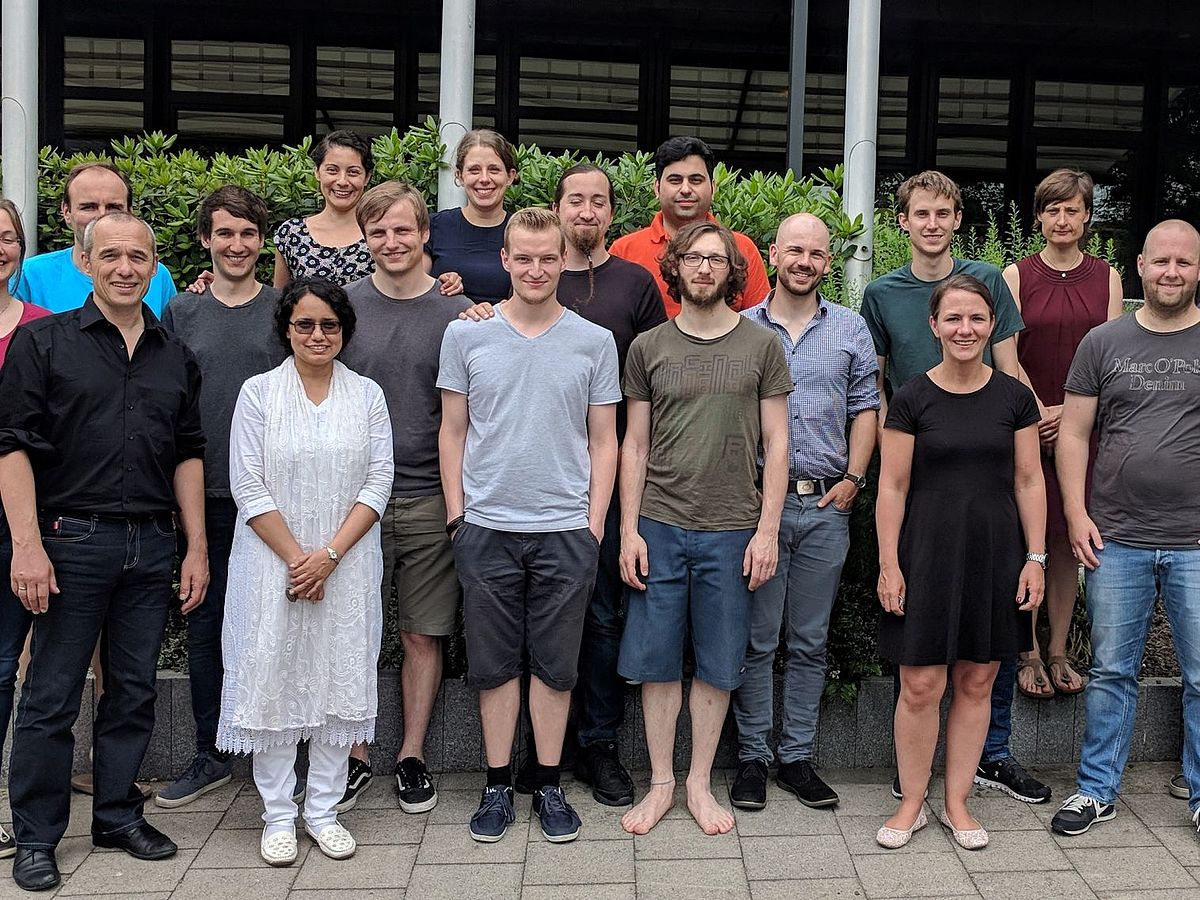
Empowering Digital Media
The graduate school Empowering Digital Media is funded by the Klaus Tschira Foundation. The goal of our graduate school is to research the role of digital media in the digital revolution and to design, develop and evaluate novel user interfaces and artifacts. The program started in 2017.
more
